9 garden tips for January: Protect tomatoes, be careful with nitrogen fertiliser
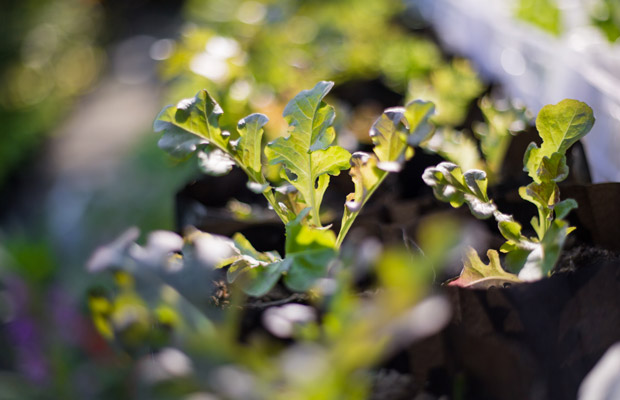
Keep the garden cool and moist is just the beginning this summer.
Words: Jane Wrigglesworth
Spider mite populations escalate rapidly in hot, dry weather, affecting both indoor and outdoor plants. They suck out plant juices, which become weak and stunted, with mottled, yellow leaves. Use a miticide, horticultural oil, insecticidal soap, or spray regularly with cold water (spider mites dislike cold baths).
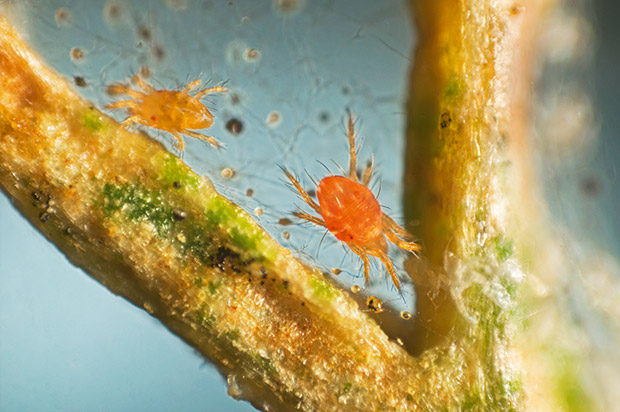
Lay off the nitrogen fertiliser to enhance the storability of onions and shallots. Pull out any plants that have sent up flower stalks; this means bulbs have stopped growing and won’t store well. Use these in cooking within a few days. Harvest onions and shallots when the tops turn brown in mid-to-late summer. Trim the roots and cut the tops back to 5cm, then leave to cure for a few days in a warm, dry place. Store in a mesh bag or on slatted trays in a cool, dry spot.
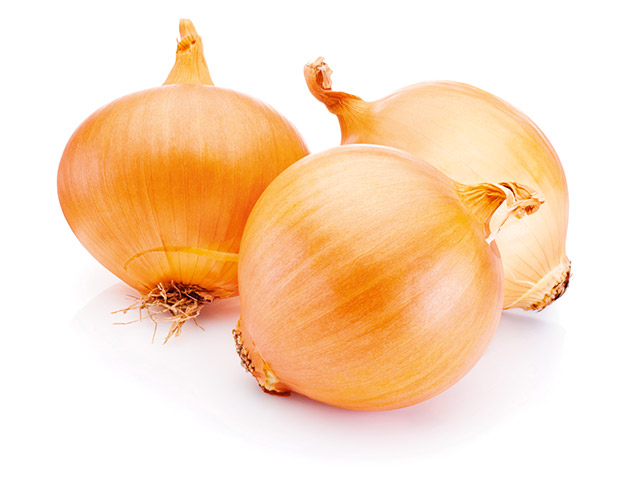
Sow beetroot directly. Beetroot likes fertile, high phosphorus soil to germinate. Don’t add too much nitrogen as it can result in tiny bulbs. As you get more than one seedling per seed, thin your plants when they reach 5cm high. Allow 7-10cm between plants.
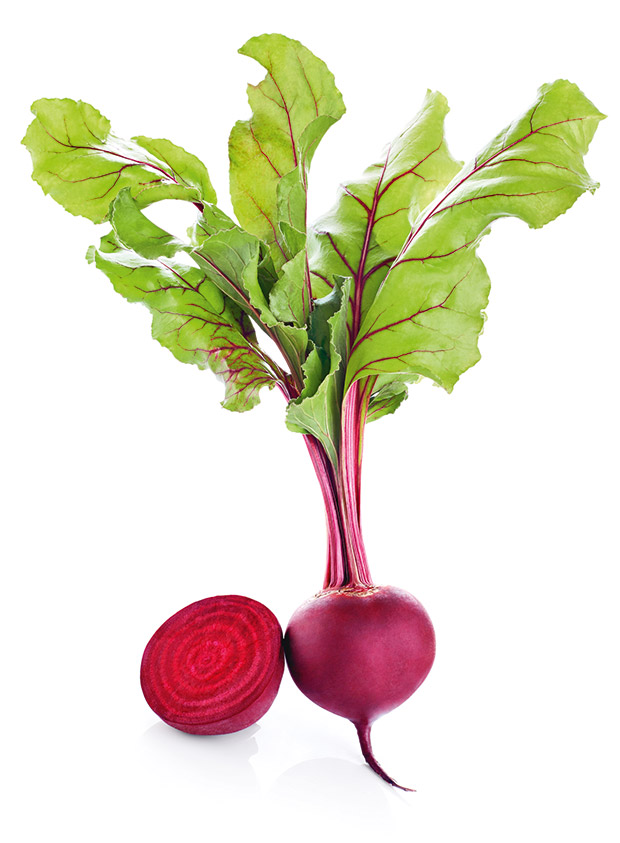
Protect tomatoes from excessive summer heat. Hot, dry conditions prompt tomatoes to close their stomata (pores on the epidermis of the leaves), stopping transpiration and respiration. When that happens, plants wilt. Water regularly, and provide mid-afternoon shade if necessary.
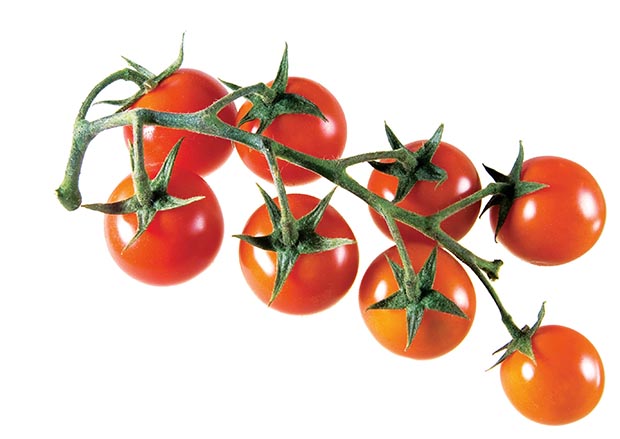
When strawberries stop fruiting, they send out runners. Let them put down roots, then cut them from the parent plant to make new plants. Strawberry plants are good for three to four years, so dig out the parent plants when three or more years old and compost them.
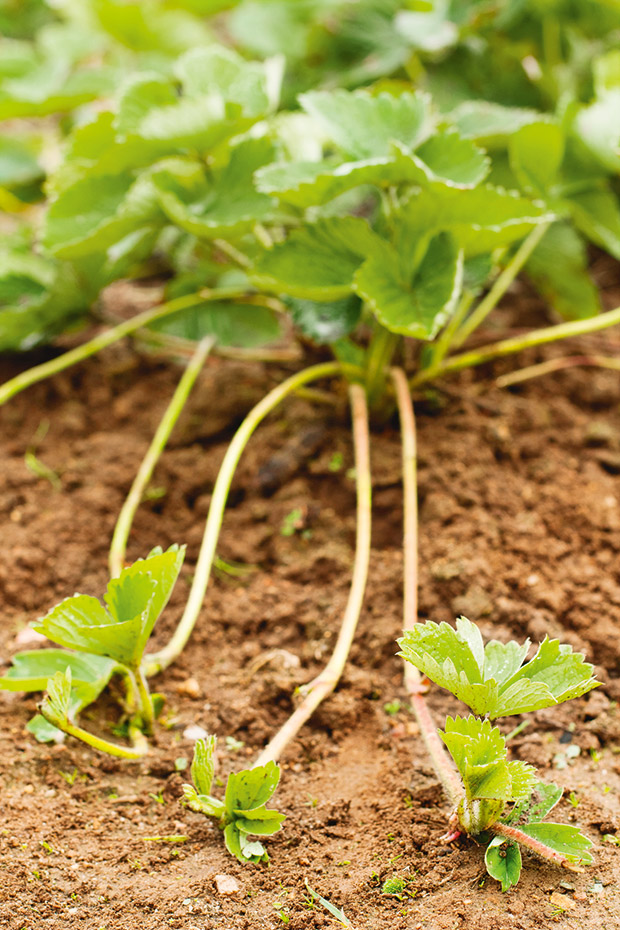
Sow dwarf beans for a late crop in autumn, then three weeks later for a successive crop.
Sow lettuce, rocket, radishes, spring onions and carrots every two weeks for a continuous supply of salad ingredients. Lettuce and rocket do best in partial shade during summer; sunlight and heat sends plants to seed too quickly.
Plant flowering angelica, buckwheat, coreopsis, coriander, dill, fennel, and yarrow to attract ladybirds. The adults and larvae eat unwanted aphids and spider mites.
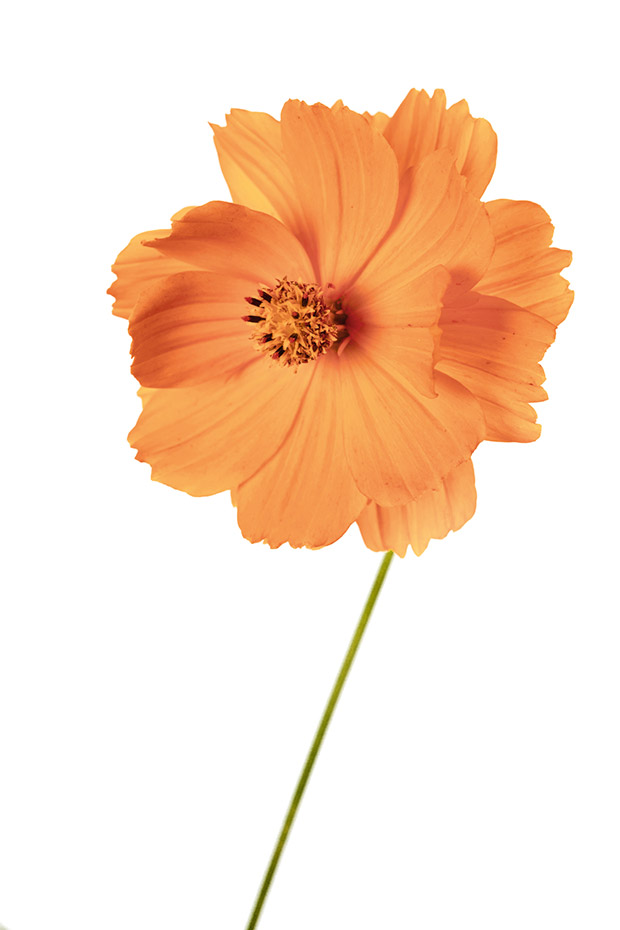
Love this story? Subscribe now!
 This article first appeared in NZ Lifestyle Block Magazine.
This article first appeared in NZ Lifestyle Block Magazine.
